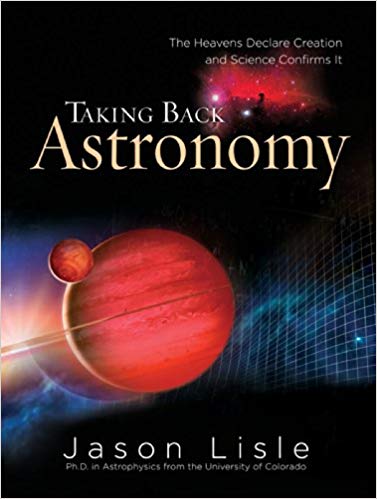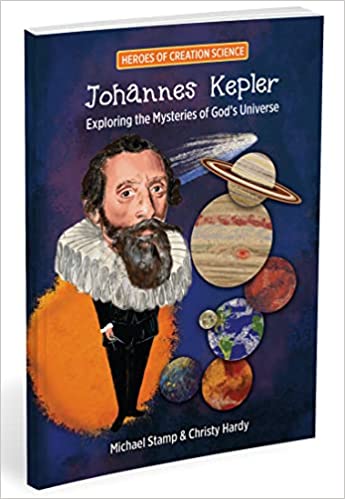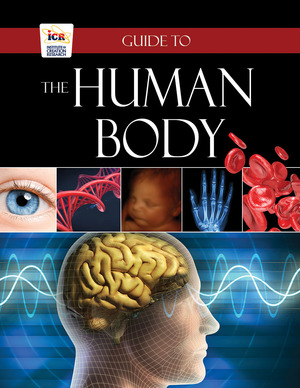Dialogue 2007 #1
Most people, over the years, have heard about big name atheistic scientists. The most prominent example today is evolutionary biologist Sir Richard Dawkins, who holds the Chair for Public Understanding of Science at Oxford University. Because of his prominent position in academia, he commands lots of attention in his campaign against the “malignant influence of organized religion in society.” It is easy enough to dismiss Richard Dawkins as extremist. Certainly his views are extreme, but the astonishing thing is that they are becoming mainstream in powerful scientific circles. Read the rest of this entry »
We humans are proud of our accomplishments in science, technology, the arts, and music. And, we have a right to be proud: the technological wonders of the last century have radically changed our world and benefited us enormously. While basking in our accomplishments, though, it behooves us to acknowledge the fact that we have used the natural world as a model for many of our achievements. Many scientists spend a lifetime studying and learning from the wisdom expressed everywhere in creation. In the fields of “engineering, chemistry, ballistics, aerodynamics – in fact in almost every area of human endeavor – nature has been there first” and the natural world is “infinitely more economical of resources and generally superior in performance” than our best efforts (Felix Paturi. 1976. Nature, Mother of Invention. Harper & Row p. 1). Read the rest of this entry »
It is easy to imagine the excitement astronomers felt when the telescope was invented early in the seventeenth century. Until that time, mankind’s observations had been confined to five bright planets, moving against a starry background. Nevertheless 150 more years passed until another planet was discovered. In England in 1781, German-born musician and telescope maker, Sir William Herschel, announced that he had discovered a new planet. This body was named Uranus after the most ancient of the Greek gods. Read the rest of this entry »
One of the few laws strictly adhered to in modern physics is that the speed of light is, was, and ever shall be 300,000 kilometres per second. Light represents the fastest speed attainable by anything in the universe. It is the universe’s speed limit. Nothing can exceed it. Read the rest of this entry »







